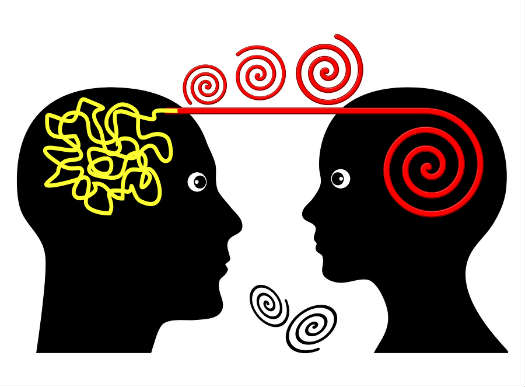CBT is very helpful for:
- Anxiety, including OCD
- Mood Disorders, including Depression
- Personality Disorders, such as Borderline Personality Disorder
- Eating Disorders, including Anorexia
- Substance Abuse
People often experience thoughts or feelings that reinforce or compound faulty beliefs. Such beliefs can result in problematic behaviors that can affect numerous life areas, including family, romantic relationships, work, and academics. For example, a person suffering from low selfesteem might experience negative thoughts about his or her own abilities or appearance. As a result of these negative thinking patterns, the individual might start avoiding social situations or pass up opportunities for advancement at work or at school.
In order to combat these destructive thoughts and behaviors, a cognitivebehavioral therapist begins by helping the client to identify the problematic beliefs. This stage, known as functional analysis, is important for learning how thoughts, feelings, and situations can contribute to maladaptive behaviors. The process can be difficult, especially for patients who struggle with introspection, but it can ultimately lead to selfdiscovery and insights that are an essential part of the treatment process.
The second part of cognitive behavior therapy focuses on the actual behaviors that are contributing to the problem. The client begins to learn and practice new skills that can then be put into use in realworld situations. For example, a person suffering from drug addiction might start practicing new coping skills and rehearsing ways to avoid or deal with social situations that could potentially trigger a relapse.
In most cases, CBT is a gradual process that helps a person take incremental steps towards a behavior change. CBT is favoured in some cases as the choice therapy to promote lasting change and growth in the individual.




